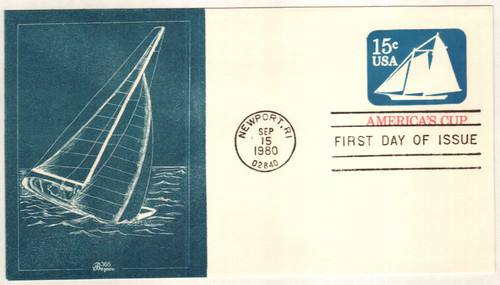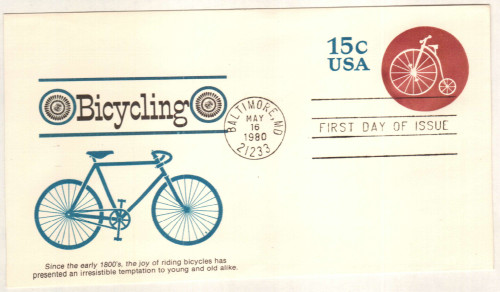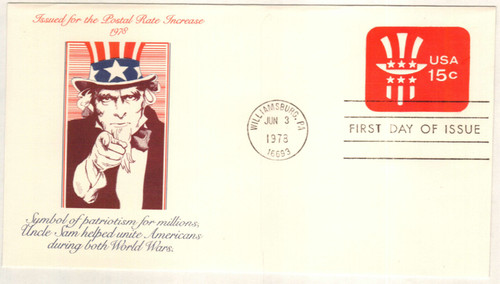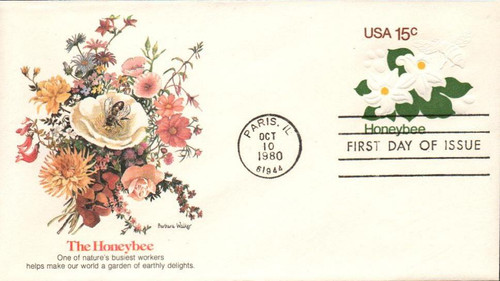
# U599 - 1980 15c Stamped Envelopes and Wrappers - Honeybee & Orange Blossoms
Â
On May 20, 2018, the United Nations declared the first World Bee Day, to bring attention to the importance of bees and the plights they face. This date was chosen because it is considered the birthday of Slovenian beekeeping pioneer Anton Janša. Janša’s exact birthdate is unknown, but his baptism occurred on May 20, 1734, and is generally considered to be his birthday. Growing up in Breznica, Carniola (present-day Slovenia), Janša was a talented painter and studied at an academy for some time. But his greatest interest was in bee-keeping. His father had more than 100 hives and he often joined in village meetings about farming and bee-keeping. Janša became a full-time bee-keeper in 1769 and the following year was made the first royally appointed teacher of apiculture (bee-keeping) in Austria. Janša oversaw bees in the imperial gardens and traveled the country sharing his knowledge and suggesting people move hives to various pastures. He also changed the size and shape of hives so that they could be stacked like blocks. And as a skilled painter, he also decorated the fronts of his hives. Janša was well-known around the country for his lectures and extensive knowledge on bees. He wrote two books, Discussion on Beekeeping and A Full Guide to Beekeeping. In the latter, he wrote, “Bees are a type of fly, hardworking, created by God to provide man with all needed honey and wax. Among all God’s beings there are none so hard working and useful to man with so little attention needed for its keep as the bee.†Following Janša’s death in 1773, the Empress decreed that all studies of apiculture be based on Janša’s books. Janša’s beehive is still going today, preserved by other beekeepers over the years. There is also a Museum of Apiculture named on his honor in Radovljica. Janša is just one of many who’ve contributed to beekeeping. Humans have collected honey for some 10,000 years. For much of that time, the hives were destroyed, and the bees were killed to collect the honey. In the 1700s, people began to study bees from a scientific standpoint and soon developed ways to collect honey without damaging the bees or the hive. Lorenzo Lorraine Landstroth, considered the father of American beekeeping, developed one of the first successful movable comb hives. Petro Prokopovych is considered the founder of commercial beekeeping and the inventor of the first movable frame hive. Other notable figures include Jan Dzierżon, François Huber, Moses Quinby, Amos Root, Dr. C.C. Miller, Franz Hruschka, Walter T. Kelley, and Dr. Ahmed Zaky Abushady. In the years since these innovations, scientists have noted a decrease in the world bee population. Pollution, pesticides, habitat loss, and changing climates have affected their hives. Bees pollinate 170,000 species of plants around the world. These plants, in turn, sustain over 200,000 animal species. Bees help support jobs for millions of people through farming and other businesses. In 2016, Janša’s home country of Slovenia wanted to help raise awareness of the importance of bees and the issues they face. Representatives proposed World Bee Day to the FAO Regional Conference for Europe. Paying homage to Janša, they proposed his birthday as the date for celebrations. The proposal was submitted in 2017 and accepted later that year. The first annual World Bee Day was celebrated on May 20, 2018. Celebrations have been held annually to help bring attention to the important role bees and other pollinators play in our world.Happy World Bee Day
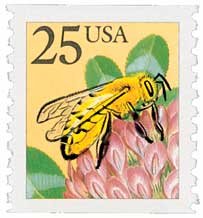
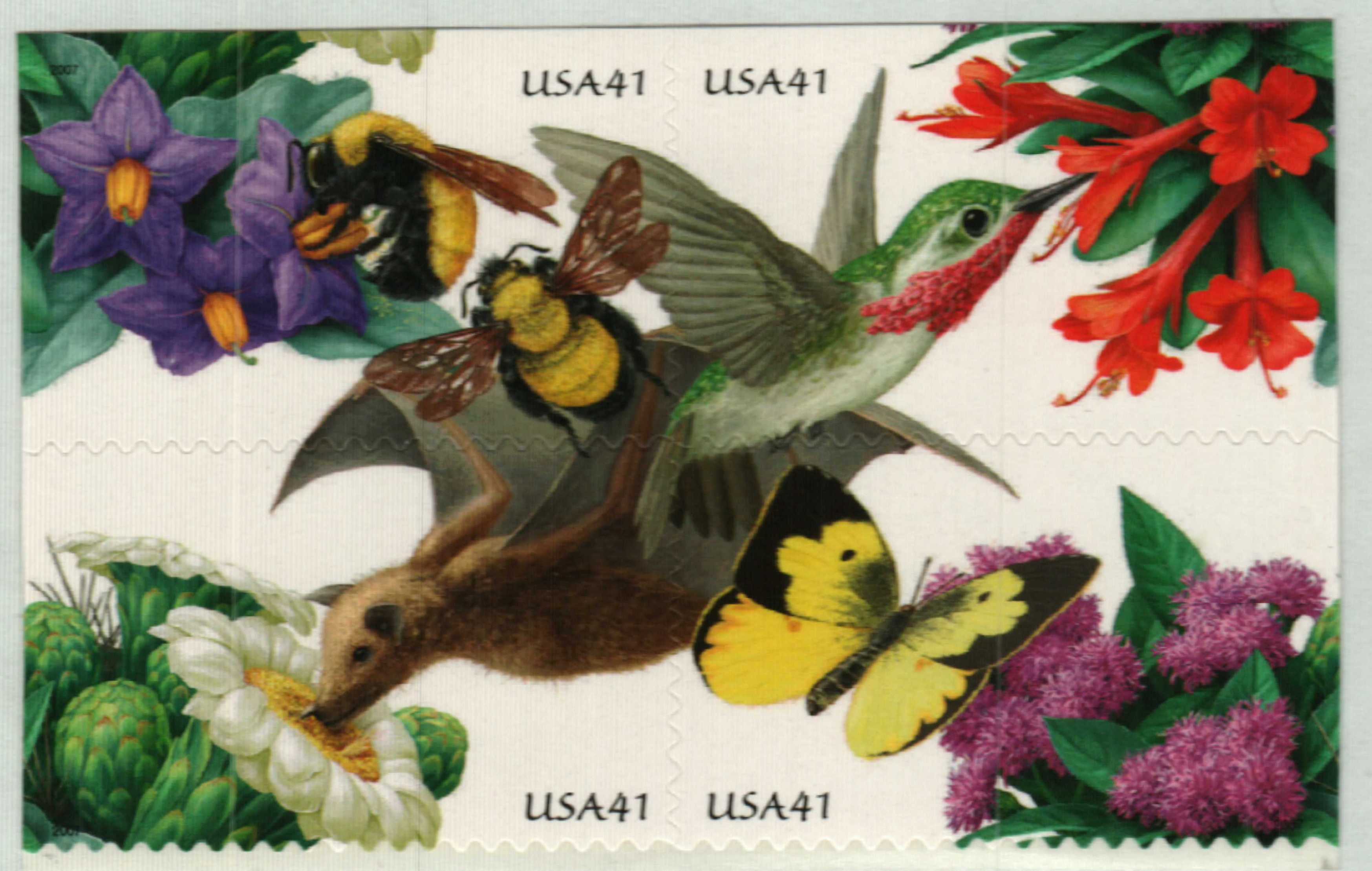
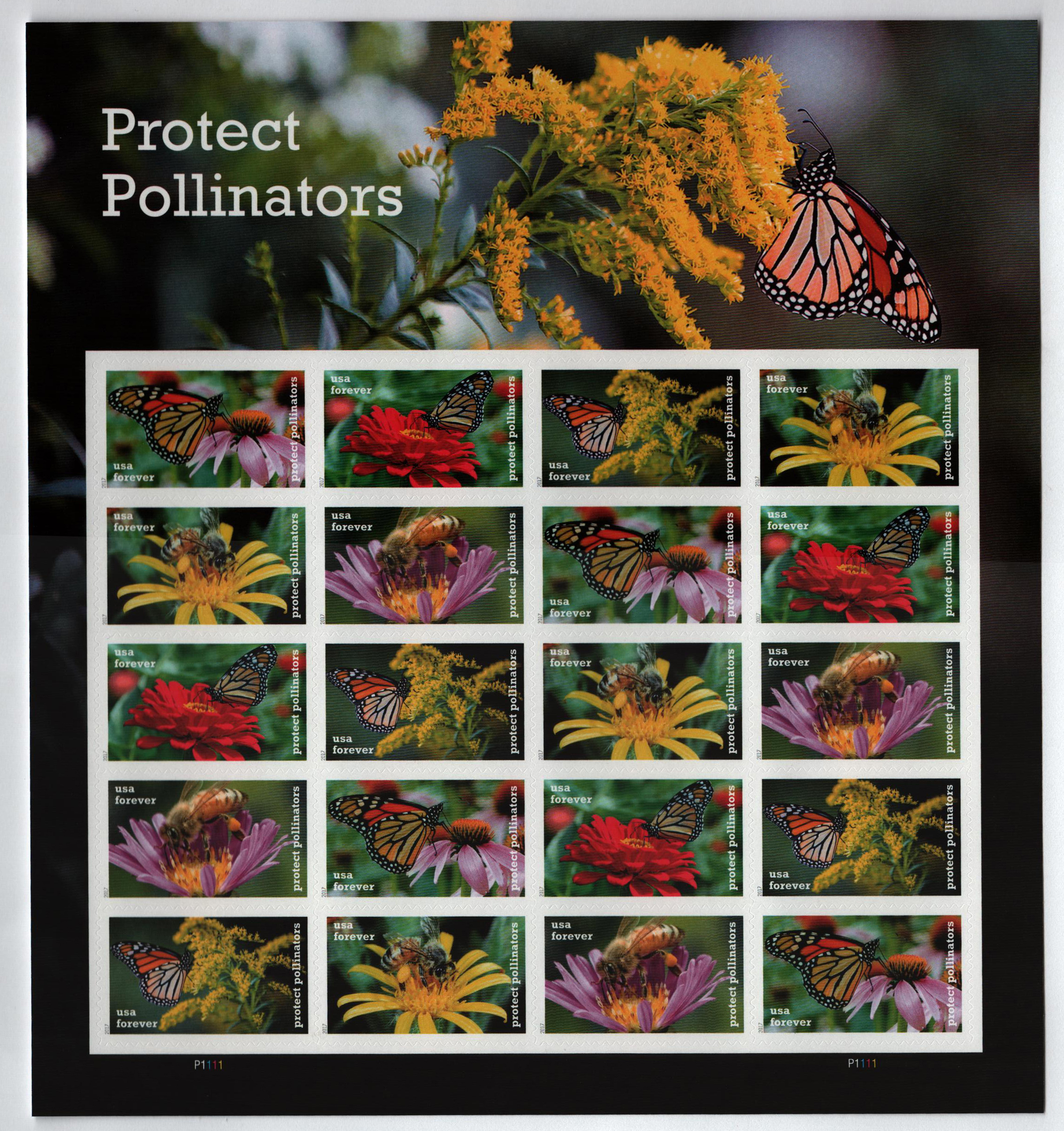
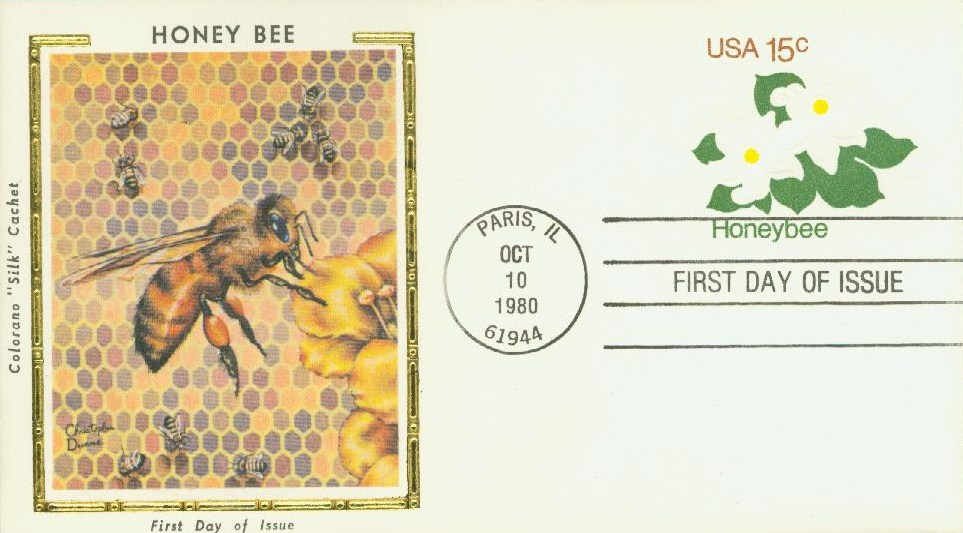
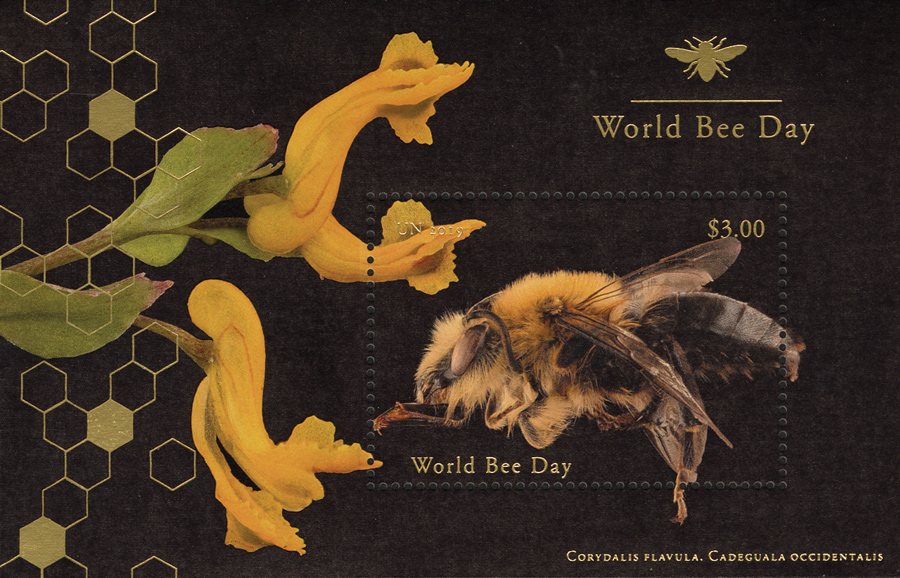
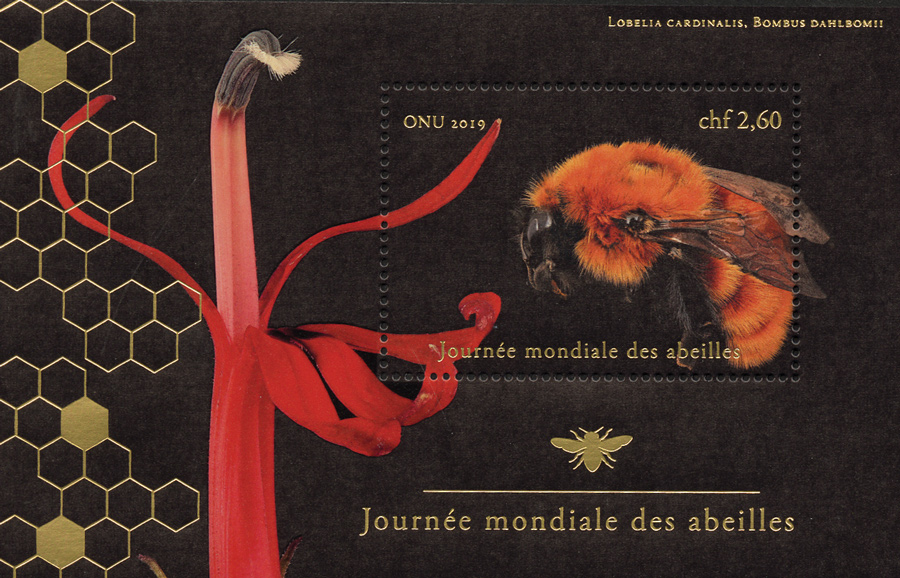
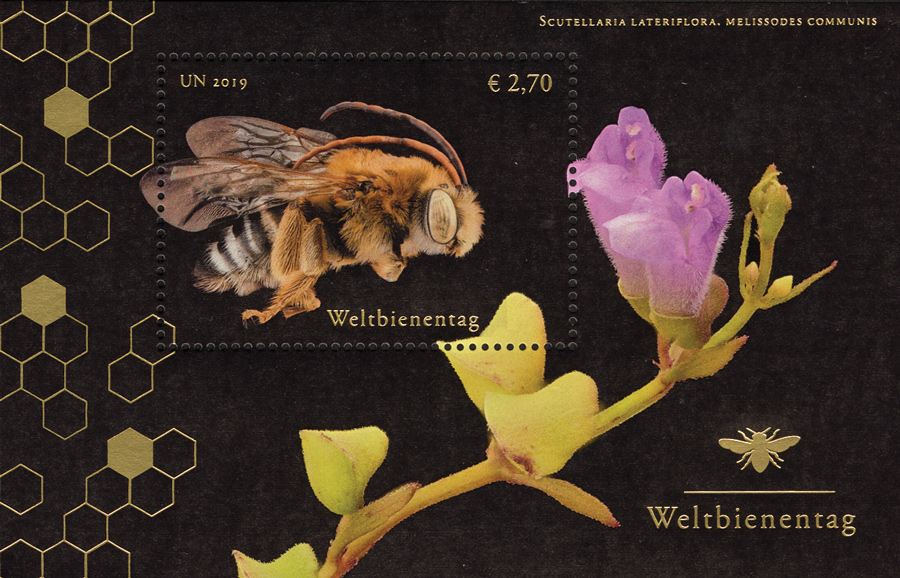
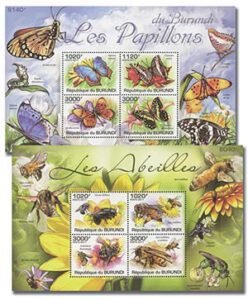
Â
On May 20, 2018, the United Nations declared the first World Bee Day, to bring attention to the importance of bees and the plights they face. This date was chosen because it is considered the birthday of Slovenian beekeeping pioneer Anton Janša. Janša’s exact birthdate is unknown, but his baptism occurred on May 20, 1734, and is generally considered to be his birthday. Growing up in Breznica, Carniola (present-day Slovenia), Janša was a talented painter and studied at an academy for some time. But his greatest interest was in bee-keeping. His father had more than 100 hives and he often joined in village meetings about farming and bee-keeping. Janša became a full-time bee-keeper in 1769 and the following year was made the first royally appointed teacher of apiculture (bee-keeping) in Austria. Janša oversaw bees in the imperial gardens and traveled the country sharing his knowledge and suggesting people move hives to various pastures. He also changed the size and shape of hives so that they could be stacked like blocks. And as a skilled painter, he also decorated the fronts of his hives. Janša was well-known around the country for his lectures and extensive knowledge on bees. He wrote two books, Discussion on Beekeeping and A Full Guide to Beekeeping. In the latter, he wrote, “Bees are a type of fly, hardworking, created by God to provide man with all needed honey and wax. Among all God’s beings there are none so hard working and useful to man with so little attention needed for its keep as the bee.†Following Janša’s death in 1773, the Empress decreed that all studies of apiculture be based on Janša’s books. Janša’s beehive is still going today, preserved by other beekeepers over the years. There is also a Museum of Apiculture named on his honor in Radovljica. Janša is just one of many who’ve contributed to beekeeping. Humans have collected honey for some 10,000 years. For much of that time, the hives were destroyed, and the bees were killed to collect the honey. In the 1700s, people began to study bees from a scientific standpoint and soon developed ways to collect honey without damaging the bees or the hive. Lorenzo Lorraine Landstroth, considered the father of American beekeeping, developed one of the first successful movable comb hives. Petro Prokopovych is considered the founder of commercial beekeeping and the inventor of the first movable frame hive. Other notable figures include Jan Dzierżon, François Huber, Moses Quinby, Amos Root, Dr. C.C. Miller, Franz Hruschka, Walter T. Kelley, and Dr. Ahmed Zaky Abushady. In the years since these innovations, scientists have noted a decrease in the world bee population. Pollution, pesticides, habitat loss, and changing climates have affected their hives. Bees pollinate 170,000 species of plants around the world. These plants, in turn, sustain over 200,000 animal species. Bees help support jobs for millions of people through farming and other businesses. In 2016, Janša’s home country of Slovenia wanted to help raise awareness of the importance of bees and the issues they face. Representatives proposed World Bee Day to the FAO Regional Conference for Europe. Paying homage to Janša, they proposed his birthday as the date for celebrations. The proposal was submitted in 2017 and accepted later that year. The first annual World Bee Day was celebrated on May 20, 2018. Celebrations have been held annually to help bring attention to the important role bees and other pollinators play in our world.Happy World Bee Day















